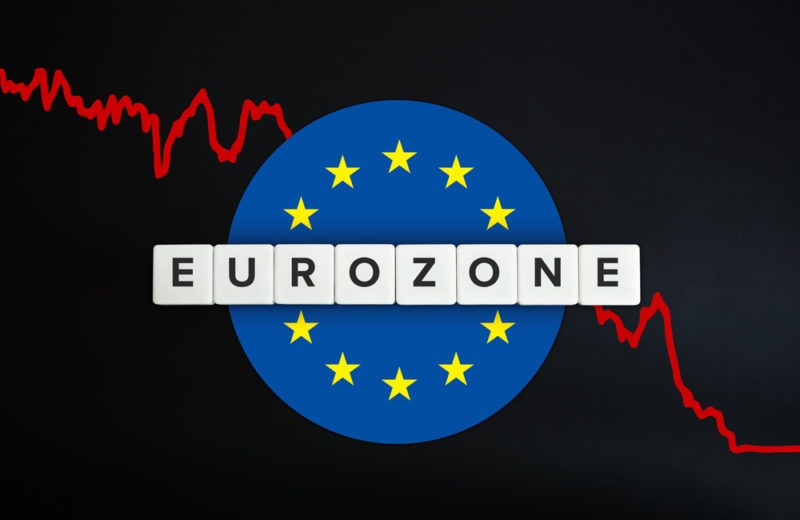Two senior Bank of England officials emphasized the need for salary restraint on Friday, a day after the British central bank raised interest rates again to combat inflation, which was at a 30-year high.
Consumers suffered the largest calendar-year squeeze on their wages since at least 1990. However, Governor Andrew Bailey acknowledged that growing wage pressure challenged the Bank of England’s capacity to keep a lid on inflation. “Don’t get me wrong, I’m not saying no one gets a salary raise,” Bailey said in a radio interview on Friday.
The drop in living conditions provides a huge challenge to Prime Minister Boris Johnson’s management. They are simultaneously fighting for his job after being chastised for social gatherings held in Downing Street during the lockdown.
Energy Inflation
Rishi Sunak, the finance minister, outlined plans to cushion the blow of a 54 percent increase in energy prices. he plans to do this in April when greater social security contributions should also take effect.
When questioned by Bloomberg Television if he agreed with Bailey’s request for a salary freeze, Chief Economist Huw Pill said, “You’re not going to get me to criticize my boss,” before reiterating some of the concerns.
“A crucial assumption in our projection… is that we don’t anticipate persistence appearing in wage and domestic cost developments, deriving from these second-round effects, until the middle of next year,” Pill added.
The Bank of England predicted that consumer price inflation would rise to roughly 7.25 percent in April due to rising energy prices before falling. After-tax income for working people would decline by 2% this year.
Investors increased their bets on borrowing prices rising during the Bank of England’s upcoming meetings on Friday. Rate futures point to 1.0 percent by May and nearly 1.5 percent by August.
The Bank Rate was 0.75 percent before the epidemic hit Europe. This prompted the Bank of England to slash it to an all-time low of 0.1 percent.














